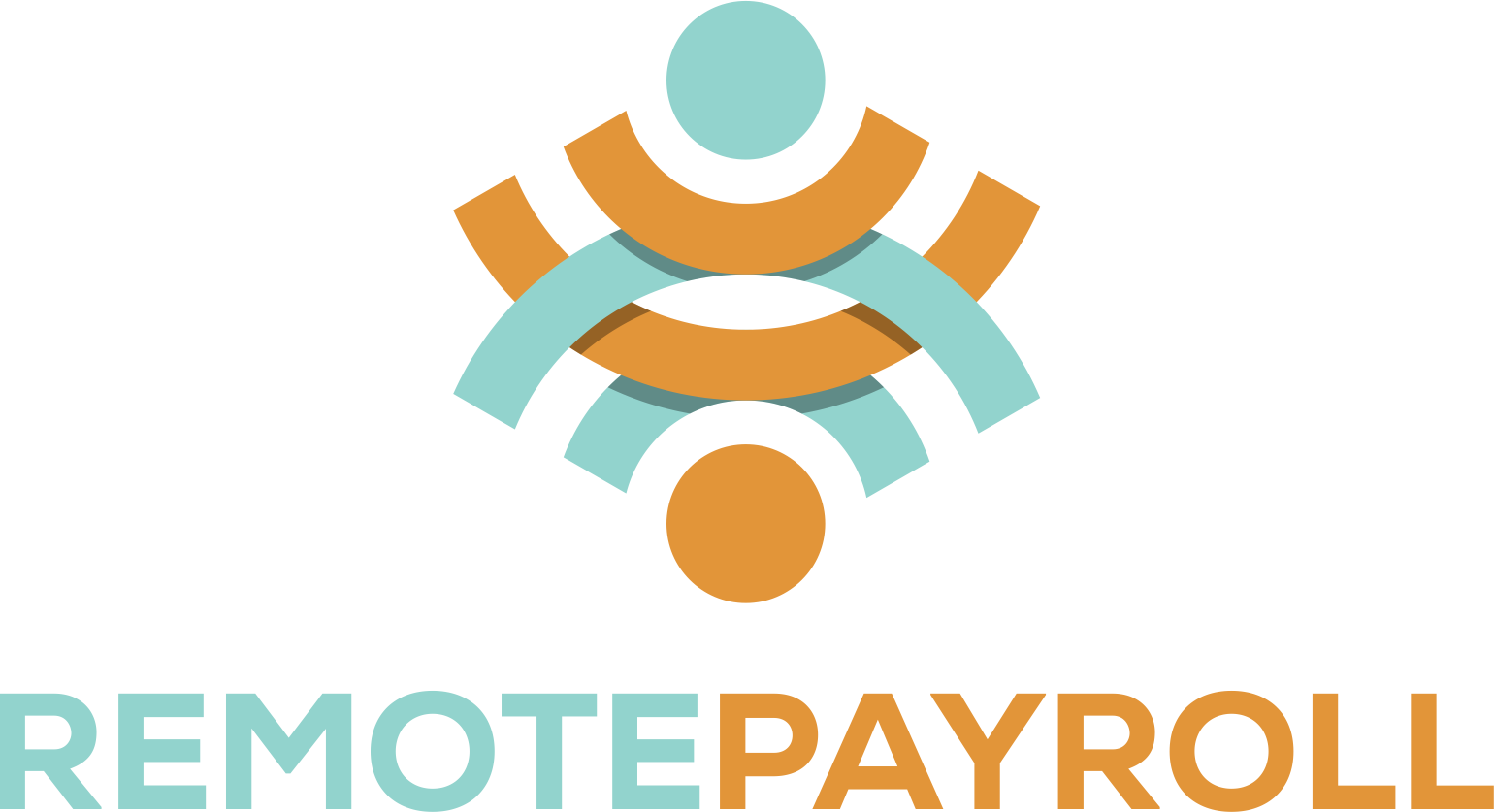Netherlands
Payroll & Benefits Guide
Capital
Amsterdam
Currency
Euro (EUR)
Date Format
dd/mm/yyyy
Dutch labour law
Dutch labour law is intricate and, in certain respects, differs greatly from other legal systems. In particular, the position of the employee, especially with respect to dismissal, is better protected than in many other countries.
Remote Workers Netherlands
While the benefits of this are clear to both businesses and employees (reduced office expenditure, higher productivity, increased work satisfaction and flexible working hours), it is also clear that some countries are much better set up than others to suit the demands of freelancers, entrepreneurs and business owners. And the Netherlands, apparently, is Europe’s forerunner.
Highly skilled migrant
Types of employment contracts in the Netherlands
There is a variety of employment agreements for employees in the Netherlands, with temporary and permanent contracts being the most common.
Temporary labour contract
Permanent labour contract)
Contract with a recruitment agency
Zero-hour contract
Freelancer contract
Salary requirements for highly skilled migrants in 2025
A minimum salary requirement exists for highly skilled migrants. The application must be accompanied by an employment contract confirming the salary. The minimum gross monthly salary of a highly skilled migrant in 2025 was as follows.
- €4,171 (excluding 8% holiday allowance) for highly skilled migrants under 30.
- €5,688 (excluding 8% holiday allowance) for highly skilled migrants aged 30 or older.
- €2,989 (excluding 8% holiday allowance) for highly skilled migrants after an orientation year for graduates or highly educated persons.
LEAVE
Public Holidays
Paid Time Off
Sick Leave
Maternity Leave
Maternity leave is 4-6 weeks pregnancy leave (before the due date) and at least 10 weeks maternity leave (after childbirth).
If an employee takes less than 6 weeks pregnancy leave before the birth, she is entitled to add the remaining amount (up to 2 weeks) to her maternity leave after the birth.
If the baby is born later than the due date, the employee’s maternity leave begins after the actual birth and the total may therefore be longer than 16 weeks.
Employers can apply for a maternity allowance on behalf of their employee to the Employee Insurance Agency (Uitvoeringsinstituut Werknemersverzekeringen, UWV).
Paternity Leave
If the partner of an employee gives birth, the employee has a right to 1 week of paternity leave following the birth. Paternity leave is the
number of working hours in one week. This paid leave can be taken any time in the first 4 weeks after the birth of the child. During this period of leave the employer must continue to pay 100% of the employee’s salary.
As of 1 July 2020, employees will also be entitled to 5 weeks unpaid leave in the first 6 months after the birth. Employees who take unpaid leave will be able to claim benefits from the Employment Insurance Agency (Uitvoeringsinstituut Werknemersverzekeringen, UWV) for up to 70% of their salary.
Parental Leave
Parents of children up to the age of eight are entitled to parental leave in order to be able to spend more time with their children. Parental leave is generally unpaid, however, some employers may partially cover some of the salary. Each parent may take off 26 times their weekly working hours.
Other Leave
Adoption leave: 6 weeks: Employers can apply for an adoption leave allowance on behalf of their employee to the Employee Insurance Agency (Uitvoeringsinstituut Werknemersverzekeringen, UWV).
Emergency leave and other short absence leave: intended for unforeseen personal circumstances for which an employee has to take time off immediately, for instance, when making arrangements for the care of a sick family member or in the event of a death in the family. You must always grant a reasonable request for emergency leave.
During this period of leave, employee is required to continue paying the employee’s salary.
Short-term care leave: Maximum of 2 x the working hours of an employee in 12 months: During the period of leave, employer continues to pay 70% of the employee’s salary. If this is less than the minimum wage, they you pay the minimum wage.
Long-term care leave: Maximum of 6 x the working hours of an employee in 12 months: During this period of leave, employer does not have to continue paying the employee’s salary.
TERMINATION
Probation Period
The duration of a trial period depends on the duration of the employment contract. However, it may not exceed 2 months. The same period applies to both employer and employee.
Maximum of 1 month:
- Temporary employment contracts of more than 6 months, but less than 2
- Temporary employment contracts without end
- Maximum of 2 months:
- Permanent employment
Temporary employment contracts of more than 2 years.
Termination Procedure
In the Netherlands, the employer has generally five ways to terminate the employment agreement:
- Termination by mutual consent- by means of a settlement agreement
- Termination proceedings before the Employee Insurance Agency (Uitvoeringsinstituut Werknemersverzekeringen, UWV).
- Termination proceedings before the cantonal court
- Termination with consent of the employee
Urgent dismissal
